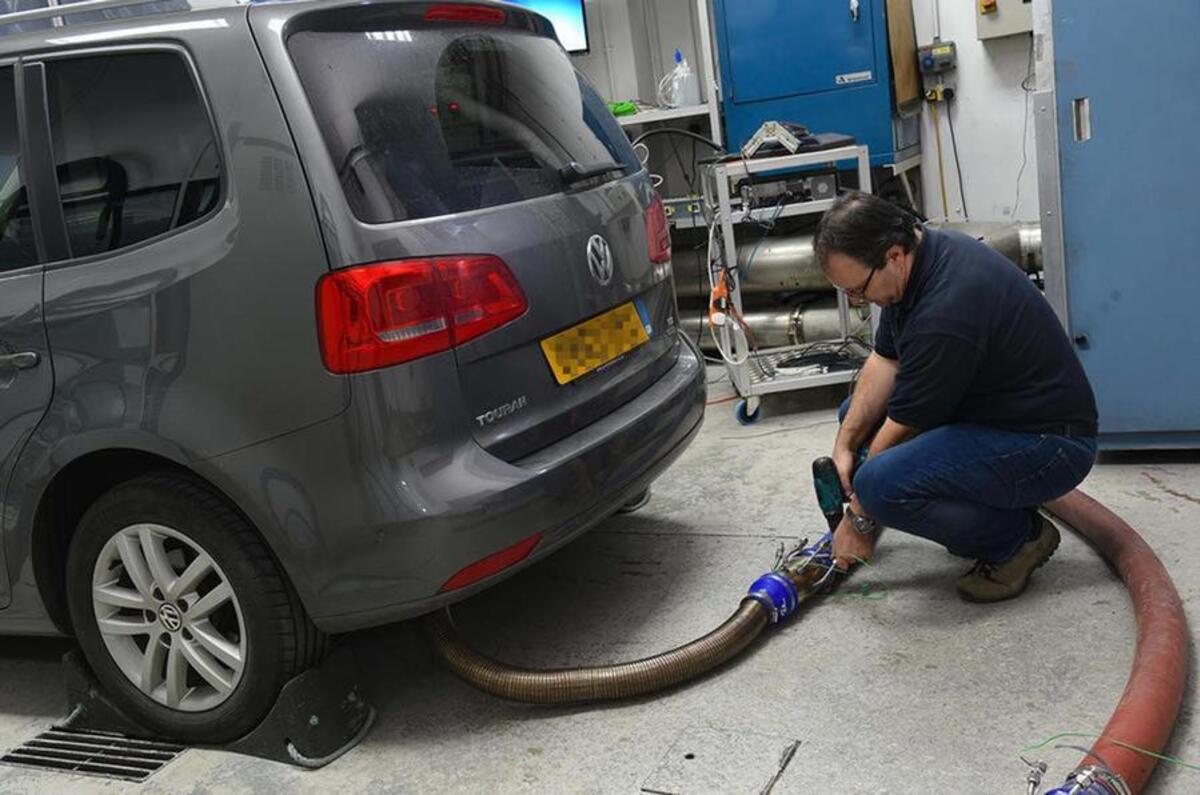European Union lawmakers have voted today for car makers to reduce their CO2 emissions by 40% by 2030, and by 20% by 2025.
The European Commission previously legislated that a 30% reduction must be achieved by 2021. The targets are for a manufacturer's fleet average, calculated across all the models they sell. The stringent targets will effectively for them to put a major emphasis on zero emission cars such as electric vehicles.
The EU said these targets can be met through an accelerated pick-up of EVs, and that new cars with CO2 emissions of 50g/km or less must make up 20% of sales by 2025 and 35% by 2030.
A previous fleet average target of 66g/km by 2030 was widely criticised by the car industry and described by the European Automobile Manufacturers Association (ACEA) as "aggressive when we consider the low and fragmented market penetration of alternatively powered vehicles across Europe to date".
Rapporteur of today’s EU vote, Miriam Dalli, said: “Achieving the European Parliament’s support for a 40% CO2 emissions target by 2030 was no mean feat and I am proud of the successful result achieved. Equally important is the 20% emissions target for 2025.
The targets are particularly challenging because of the recent introduction of the tougher WLTP emissions test procedure, which means that car firms have had to cut real-world emissions simply to achieve the same fleet average as under the old NEDC test.
“This legislation goes beyond reducing harmful emissions and protecting the environment. It looks at setting the right incentives for manufacturers; it encourages investment in the infrastructure; it proposes a just transition for workers.”
CO2 from road transport – the only sector across the continent where greenhouse gas emissions are rising – is of particular concern for lawmakers. This has been compounded by an growing number of cars on the road and the public backlash against diesel, with a rising percentage of petrol car registrations contributing to increased CO2 emissions.
A total of 389 MEPs to 239 voted in favour of the legislation, which has been met with scepticism from ACEA. “We remain particularly concerned about the extremely aggressive CO2 reduction targets and the imposition of sales quotas for battery-electric vehicles that MEPs have backed," said secretary-general Erik Jonnaert. "Today’s vote risks having a very negative impact on jobs across the automotive value chain.
“There is no guarantee that we have the right enabling framework in place to facilitate this sudden transition to electromobility. Consumers cannot be forced to buy electric cars, without the necessary infrastructure or incentives in place.”





Join the debate
Add your comment
GMD T27
Still nobody going to start making it?
Reduce CO2
Reduce CO2 (including electricity generation)? Promote diesel cars then...
I voted in my own 'parliament
I voted in my own 'parliament (2016)' for a 90% reduction in the EU by 2019.
still hoping it makes it into law....